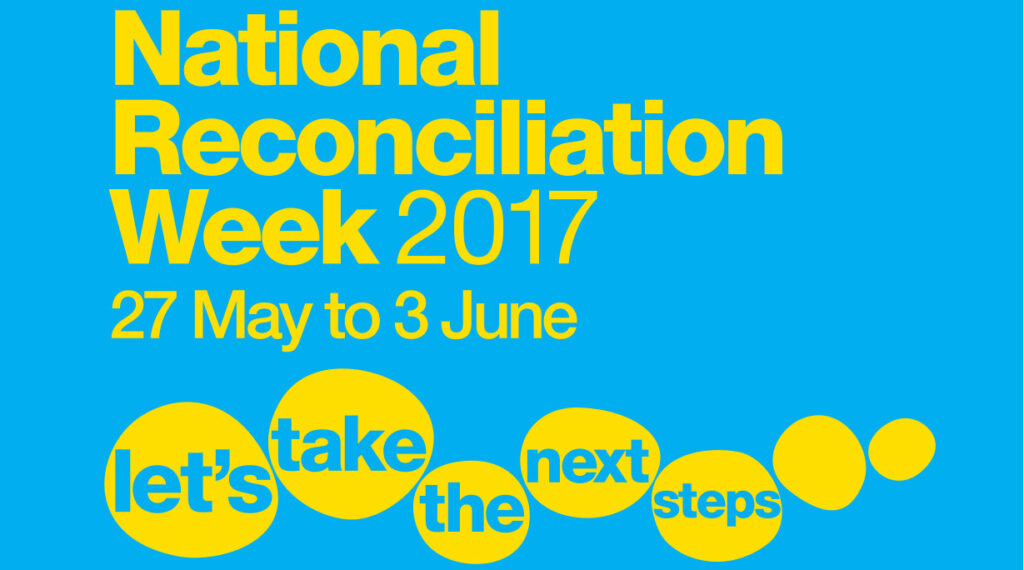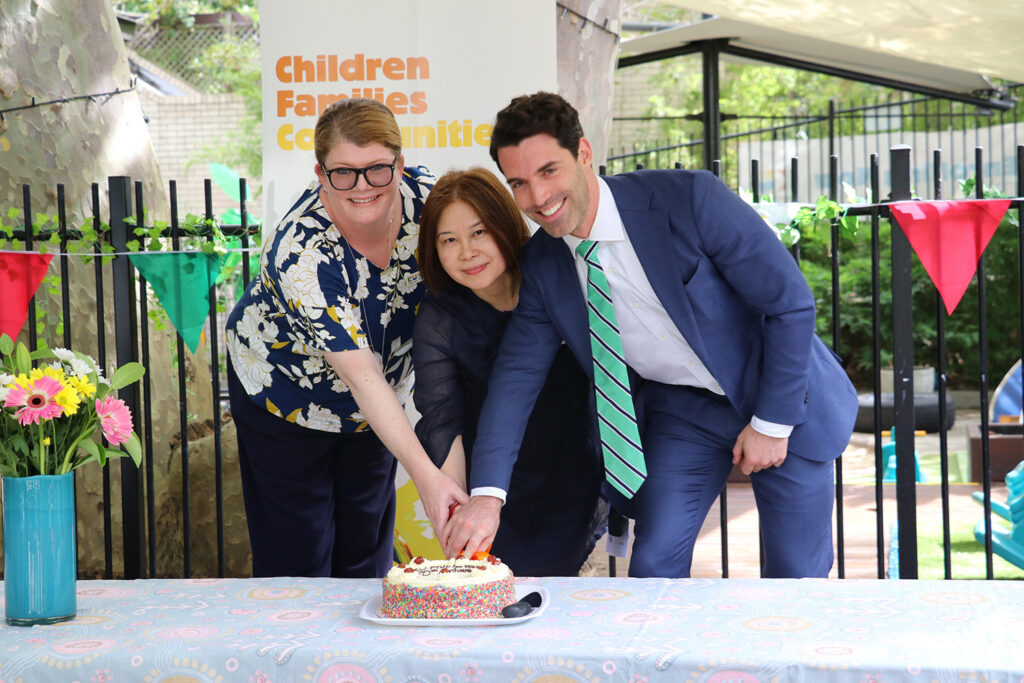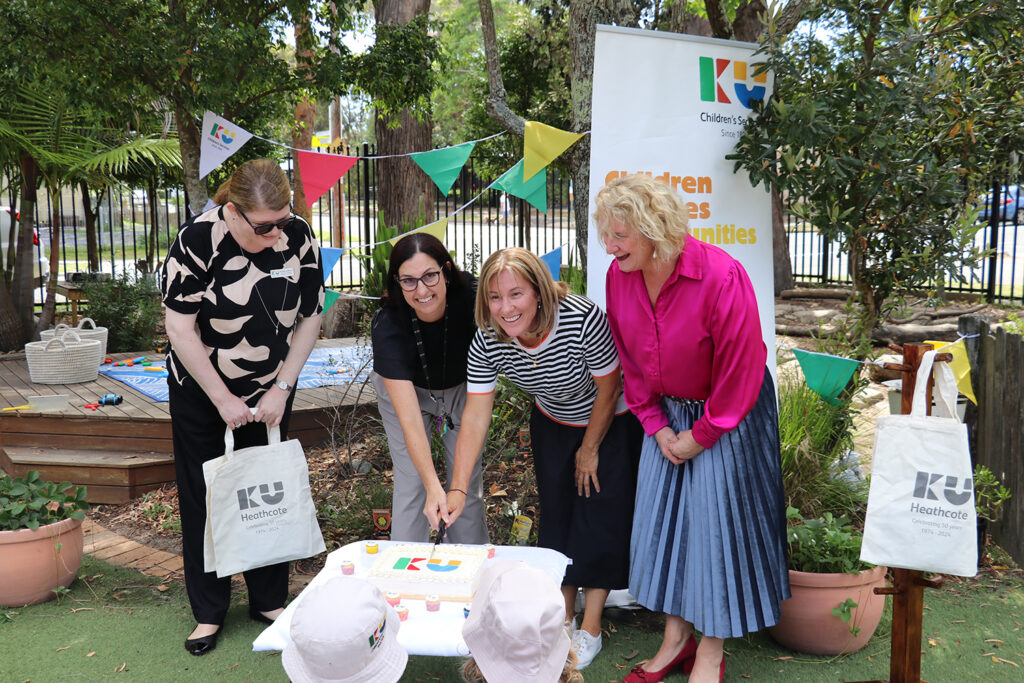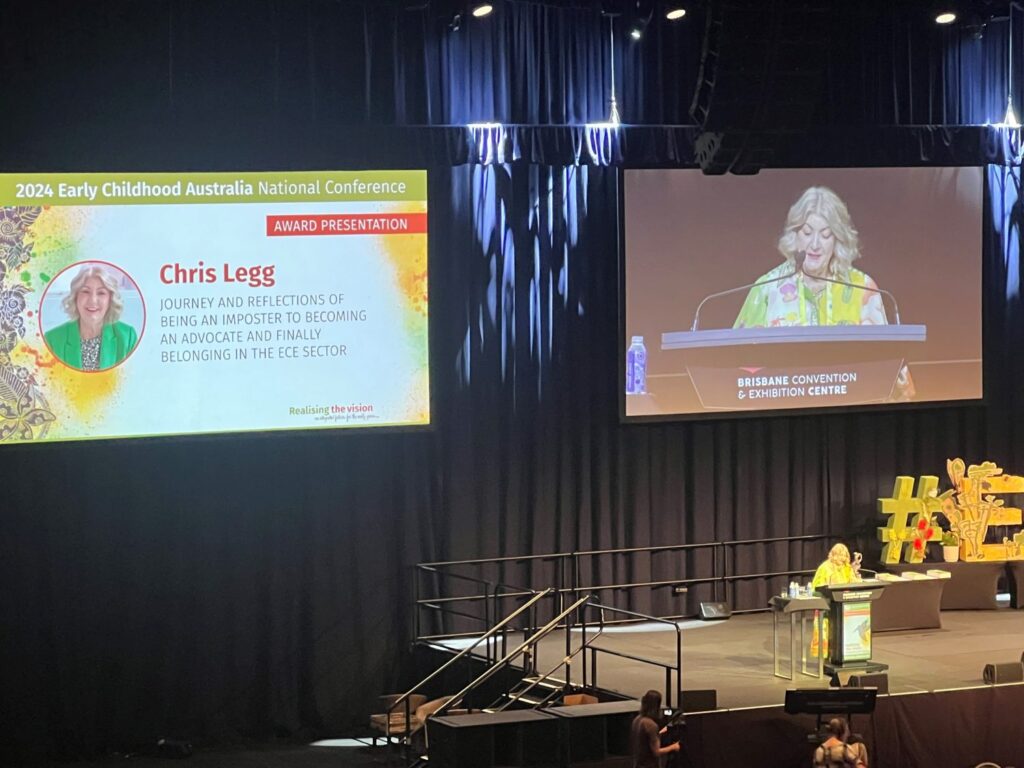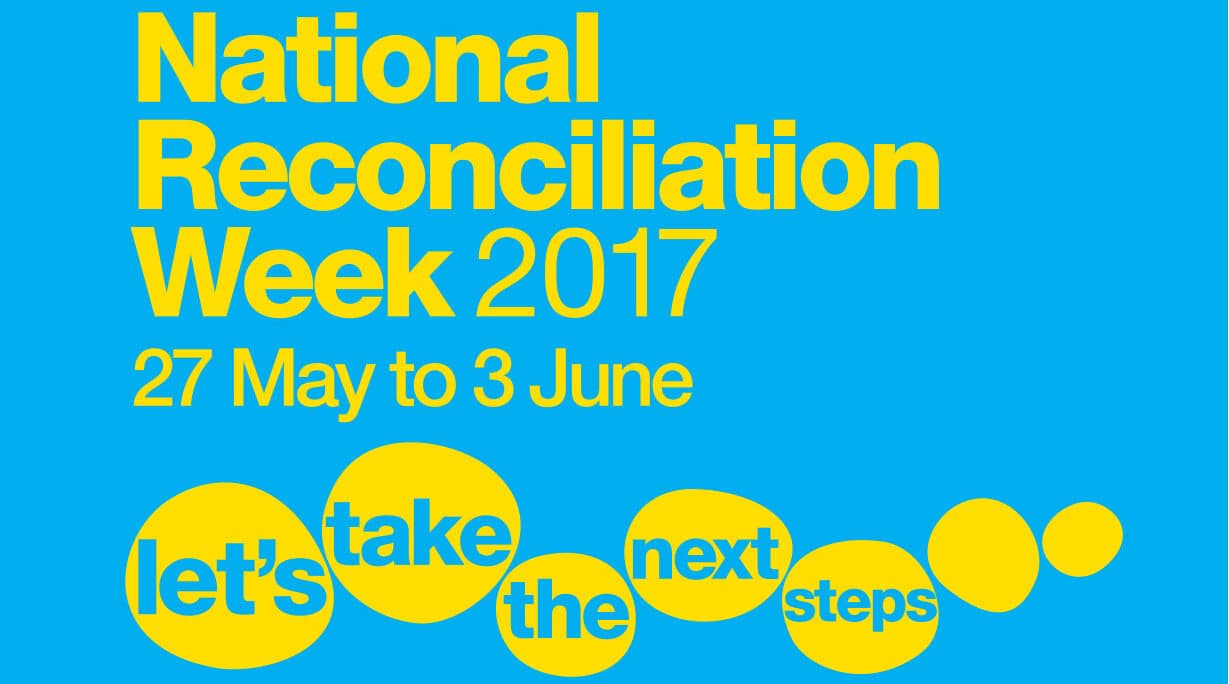National Reconciliation Week is an annual event that marks two significant dates in Australia’s journey towards reconciliation – the 1967 Referendum and the 1992 Mabo decision. In 2017, we recognise and celebrate these milestones, marking significant anniversaries: 50 years since the 1967 referendum, and 25 years since the Mabo decision.
About the Referendum
The 1967 Referendum marks a time when the Australian Constitution was changed to give back some rights that were previously taken away from Aboriginal and Torres Strait Islander peoples.
On 27 May 1967, over 90% of Australian voters chose to vote ‘YES’ to count Aboriginal and Torres Strait Islander peoples in the census, giving the Australian Government the power to make laws for Aboriginal and Torres Strait Islander peoples.
Read about what life was like between 1788 and the 1967 Referendum for Aboriginal and Torres Strait Islander peoples and the impact some of the significant changes had on Australia: http://www.reconciliation.org.au/nrw/wp-content/uploads/2014/03/27-May.pdf
About Mabo
On 3 June 1992, the High Court of Australia overturned the idea that Australia was ‘discovered as being Terra Nullius’, ending a 10 year battle between Torres Strait Islander man, Eddie Koiki Mabo and the Australian Government. The Mabo decision recognised Aboriginal and Torres Strait Islander people as the traditional owners of their land and in turn led to the passing of the Native Title Act in 1993. Read about the significance of the Mabo decision and Native Title: http://www.reconciliation.org.au/nrw/wp-content/uploads/2014/03/Mabo-decision.pdf
About National Reconciliation Week 2017
This year’s theme is Let’s Take the Next Steps – reminding us that big changes take persistence and courage.
What you can do to recognise and celebrate National Reconciliation Week
- Download and display the official 2017 NRW poster: http://www.reconciliation.org.au/nrw/wp-content/uploads/2017/03/Reconciliation-Poster-WebReady_A3_FINAL.pdf
- Share information about the 1967 Referendum and the historic Mabo decision in person or via social media – use the hashtag #NRW2017.
- Host a morning tea, inviting parents, carers and members of your local community and take time to reflect on what Reconciliation means for different people.
- Let the Aboriginal and Torres Strait Islander Programs Team know about your event and send us a brief article and photo so they can he showcased for other KU centres.
- Attend a local Reconciliation week event. Talk with children about what words such as friendship, respect, acceptance, trust and difference mean to them.
- Talk about feelings associated with these words.
- Discuss the many ways we can demonstrate and show respect for others.
- Become familiar with the Narragunnawali: Reconciliation in Schools and Early Learning website at: www.narragunnawali.org.au. There are a number of curriculum resources and professional learning ideas to be considered.
- Consider some individual or group professional learning opportunities such as those available online through Early Childhood Australia.
- Adults can choose a film to watch from the list that Reconciliation Australia have compiled, including the mini-series Cleverman: http://www.reconciliation.org.au/nrw/wp-content/uploads/2016/05/Recommendedviewing_2016-NRW-update_FINAL.pdf
- Children might like to watch an episode of Mugu Kids (2015), Classified G, on NITV.

